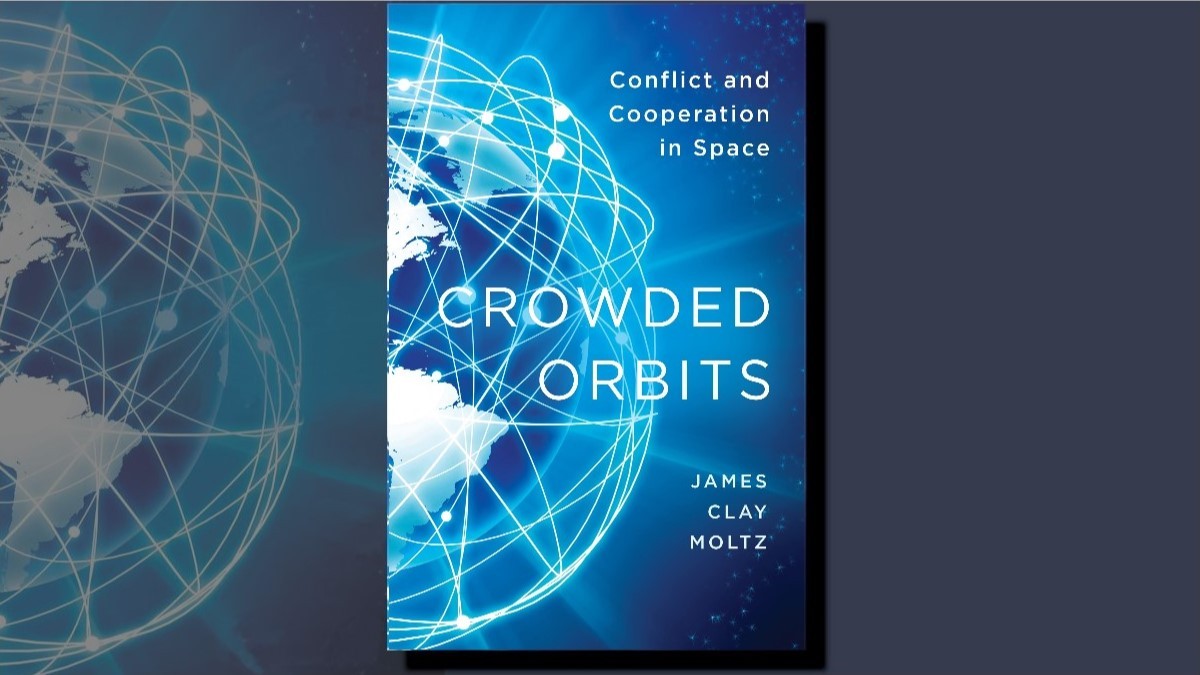A Plan B: How Might Australia Support Resistance?
A Plan B: How Might Australia Support Resistance?
The Defence Strategic Review (DSR) was a call for action which stated bluntly that we have seen ‘the return of major power strategic competition, the intensity of which should be seen as the defining feature of our region and time’.
Examining the ‘state of competition’ globally might also help explain what it is we are competing for. Given the march of autocratic governance regimes within the international world order – regimes that use tools such as economic coercion – Australia is in a competition to preserve our democratic values and independence. While this is true for Australia, it is important to recognise that the same situation applies to other regional countries, and indeed commercial businesses, that might also be expected to resist attempts by autocratic regimes to erode their sovereignty and/or independent decision-making capacity. Few entities willingly become vassals.
Last year, I wrote about the key lessons Eastern Europe has been learning in developing national resilience to ‘grey zone’ subversion and coercion employed by autocratic power. Based upon the lessons derived from that study, I argued that the Australian Defence Force (ADF) should develop the capability and capacity to support likeminded nations in Australia’s region that might seek to develop resistance capability. Such capability could provide a ‘Plan B’ method to help Australia achieve its strategy of deterrence by denial.
In a talk hosted by 2(AS) Division and streamed by The Cove on Tuesday 26 March, I seek to expand upon these concepts. I believe that such efforts serve to inform the development of (what I term) an ‘unconventional deterrence’ option within the Indo-Pacific region. While military officers might be concerned that such a concept is being explained in an unclassified and open manner, this is done deliberately. After all, how can a concept deter if it is not communicated to a potential aggressor? How is their calculus impacted if they do not understand the breadth of disruption, the level of cost that they should expect to incur? Indeed, how is civil society – both Australian and international – to be mobilised to support a country subjected to aggression if the argument sits behind a risk-averse security classification?
What I mean by advocating a security strategy of Resistance is:
a nation’s organised, whole-of-society effort, encompassing the full range of activities from nonviolent to violent, led by a legally established government (potentially exiled/displaced or shadow) to re-establish independence and autonomy within its sovereign territory that has been wholly or partially occupied by a foreign power.
Resistance is founded upon the achievement of whole-of-society national resilience, which is prepared in peacetime, preferably with partners. Resistance may include the development of violent and non-violent tactics to be employed if conflict occurs. The continuity in whole-of-society efforts to enhance a nation’s resilience have utility in the event of an aggressor’s partial or complete violent occupation. It is this continuity that disrupts grey zone activities.
By contrast to resistance, subversion is employed by autocratic regimes with an intention to weaken society, to expand fissures and exacerbate tensions. The resulting societal ruptures, in turn, disrupt a country’s capacity to achieve a coordinated response to crisis. Specifically, a fragmented society will likely struggle to mobilise in response to aggression or it might lack the political mandate or will to respond. It was this kind of fragmentation that characterised Ukraine’s political environment when Russia seized Crimea in 2014. That situation can be contrasted with the stoic polity in Kyiv from February-March 2022 through to the present day.
A Support to Resilience/Resistance Operating Concept
In my 26 March presentation, I expanded on my suggested ‘Plan B method’ of achieving deterrence by denial. Specifically, I focused on how supporting regional nations to resist the imposition of control from autocratic actors serves to uphold the global rules-based order and the democratic values that guide Australian policy. This approach supports the simplest of international rules: that war must be avoided between countries, that aggression will be punished by the collective global community. It is a position that communities within Australia and its regional partners, whether uniformed or not, can rally around.
The strategic purpose of a support to resilience/resistance concept is, therefore, to dissuade and thus avoid conflict – a deterrence by denial strategy. This strategy is firmly aligned with the azimuth set by the Defence Strategic Review.
Countries are vulnerable to grey zone coercion when they stand alone. Indeed, the autocratic playbook is to first isolate a target through the exertion of an asymmetry in power, and then intimidate it into submission. To counter this effort at intimidation, any deterrence support concept can (and should) be articulated at an unclassified-level. The communication of active preparations to help countries to resist armed occupation, and to articulate that democracy reserves the right to resist a backsliding of universal human rights, aids in deterring such aggression in the first place.
The strategic premise of supporting resilience and resistance is one of security with Asia. As the DSR identifies, a ‘business-as-usual approach is not appropriate’. The world has changed from when a Defence of Australia doctrine that advocated security from Asia sufficiently addressed national security concerns. Nor is the World War II (into early Cold War) mentality of Forward Defence – defence in Asia – appropriate to today’s context. Instead, if Australia is to be a responsible middle-power and secure its national interests, it must become adept at generating security with Asia – of reinforcing democratic regimes, enhancing their resilience to grey zone subversion and coercion, and, if need be, supporting the development of resistance networks that can impose costs upon an aggressor.
In this way, the development of resilience and resistance capabilities might achieve an ‘unconventional deterrence’ capability that complements Australia’s existing conventional deterrence modernisation efforts. Australia might thus enhance its security, and that of likeminded partners, while mitigating the risk of escalation into conflict. In short, the achievement of deterrence by denial constitutes a ‘Plan B’ for Australian national security strategy. The lessons of contemporary competition and conflict in Eastern Europe provide a firm basis upon which to generate a forward trajectory for Australia and its likeminded regional partners.
The views expressed in this article and subsequent comments are those of the author(s) and do not necessarily reflect the official policy or position of the Australian Army, the Department of Defence or the Australian Government.
Using the Contribute page you can either submit an article in response to this or register/login to make comments.



